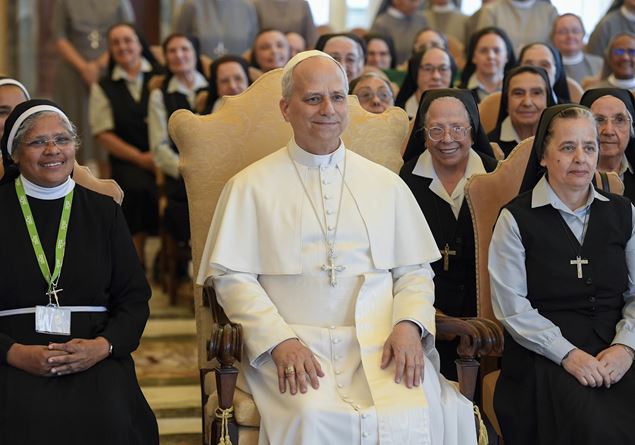The situations in which women earn more than their partner are increasingly common in France, a reflection of a progression of professional equality and a substantive societal transformation.
A recent study based on permanent demographic sample data (EDP) proposes to examine the links between differences in income within the couple and the risk of separation.
The results challenge: instead of translating an advance towards harmonious equality, these differences seem, paradoxically, weakening the unions.
The risk of separation increases with the dominant female income
When the share of women’s revenues exceeds 55 % of the couple’s total income, the risk of separation goes from 11 % to 40 %, compared to couples where income is more equitably distributed. This figure, at first glance, seems counter-intuitive: why would a more independent financially financially increase the probability of rupture? The study suggests that the difference in income in the couple increases in favor of women, the more the couple’s stability is called into question.
But beyond raw statistics, several social and psychological dynamics are at work.
Couple status: marriage, PACS or free union, differentiated effects
The link between the difference in income in the couple and the risk of rupture varies according to the nature of the marital link. If this association is present in all types of couples, it is less marked among PACS partners. In married couples, on the other hand, the standards remain more anchored! Stability seems to be more guaranteed when man remains the main financial support of the home.
This observation highlights a persistent reality: traditional gender patterns continue to influence conjugal dynamics, even in a context of apparent modernity.
Towards an autonomy which redefines the balance of power
One of the major contributions of this study is to question the relationship between women’s economic autonomy and decision -making power in the couple. A woman earning better her life is able to make choices. Including that of separation, if it considers that the relationship no longer meets its personal or emotional expectations.
In other words, it is not necessarily a factor of imbalance caused by a ” overflow »Of female income. Rather from a displacement of the economic dependence report historically suffered by women. Where yesterday’s women sometimes remained for lack of means, those of today can go by choice.
Balance professional life / personal life in question
An element regrettably absent from the study, but yet central to me, is the Time devoted to work and the degree of professional investment. Winning more often involves increased responsibilities, heavier schedules, a high professional mental burden. So many factors that can encroach on couple and family life. It would be relevant to integrate this variable to better understand the daily arbitrations that affect intimacy.
A very invested woman in her career can see tensions emerge: resentment of the other partner, fatigue, less emotional or logistical availability, a feeling of inversion of roles … Especially if these are not clearly accepted or negotiated.
Gender standards and cultural inheritances: a slow evolution
This phenomenon highlights the persistence of gender standardsoften unconscious, which shape expectations within the couple. Even among young generations, more exposed to egalitarian models, reality seems more nuanced. Man ” livelihood There remains a figure of stability, even male identity, in the collective imagination. Thus, when a woman earns more, some men may experience a loss of bearings, power, even self -esteem.
This dissonance between the equal aspirations displayed and the rooted representations could be a source of tensions in marital life.
An unfinished but necessary transformation
The study highlights a still incomplete societal transition. The economic emancipation of women has not yet completely accompanied by a redefinition of roles within the couple, nor a general acceptance of these new balances. For women’s autonomy no longer rhymes with conjugal instability, it is essential to collectively rethink relational models.
This involves education from an early age, the development of co-parents, the sharing of domestic charges. But also a transformation of the look at female success – which should not, in 2025, be perceived as a threat.
Viviane de Beaufort
You will also like:
Happy be men whose wife earns 40% of home revenues
Women and money: a report still marked by inequalities
Money in the couple: the end of a taboo?











